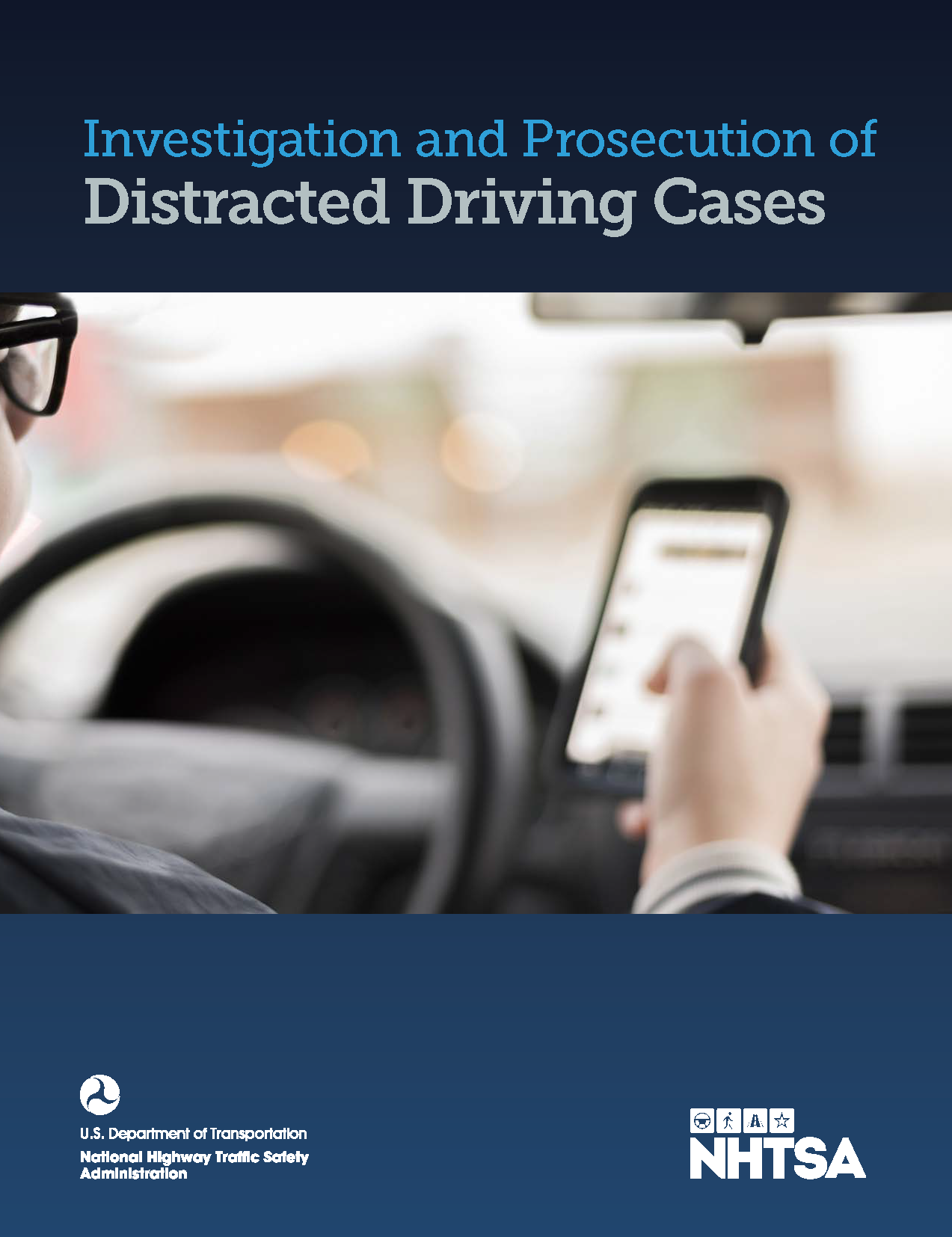Distracted Driving Laws & Data
Association of State and Territorial Health Officials (ASTHO) Policy Guide: Improving Transportation Safety
Injuries and fatalities due to motor vehicle crashes are a major public health issue. Motor vehicle crashes are the leading cause of death for 15 to 20 year olds in the United States. In 2000, crash-related costs—including property damage, lost productivity, and medical expenses—totaled more than $230 billion.
County Health Rankings and Roadmaps: Universal Distracted Driving Laws
Universal distracted driving laws are a suggested strategy to reduce cell phone use. Available evidence suggests that such laws can reduce cell phone use in some circumstances. While some studies indicate that universal distracted driving laws reduce crashes, others find they do not.
GHSA: Distracted Driving Laws by State
This chart outlines state distracted driving laws. Some localities have additional regulations. Enforcement type is also noted.
Criminal Justice Institute: Distracted Driving and the Police Officer
The evidence presented in this paper will prove that distracted driving is a just as serious and problematic among police officers as it is among civilians.
National LEL Program: Distracted Driving Enforcement Resources for LELs and LEOs
 NHTSA: Investigation and Prosecution of Distracted Driving Cases
NHTSA: Investigation and Prosecution of Distracted Driving Cases
This publication is intended to provide a general overview of the investigation and prosecution of distracted driving cases. While some sections of this publication address issues that are inherently legal, this publication is not intended to provide legal advice. Therefore, it is important to seek out legal advice from a licensed attorney on specific issues or questions the reader may have.
Journal of Safety Research: Understanding driver distractions in fatal crashes: An exploratory empirical analysis
Driver distraction has become a significant problem in transportation safety. As more portable wireless devices and driver assistance and entertainment systems become available to drivers, the sources of distraction are increasing.



